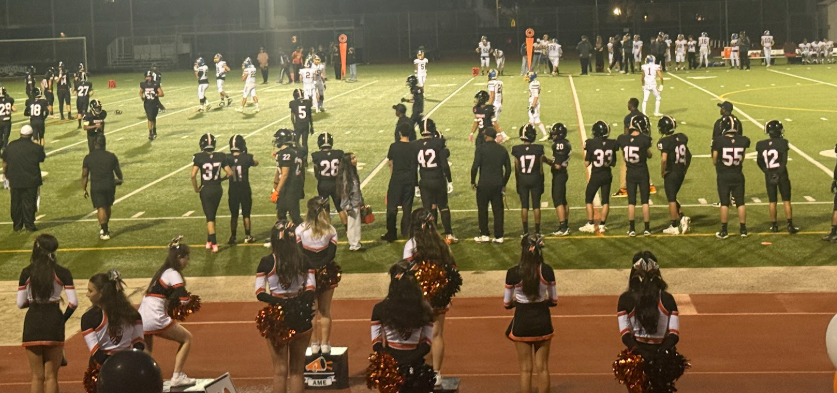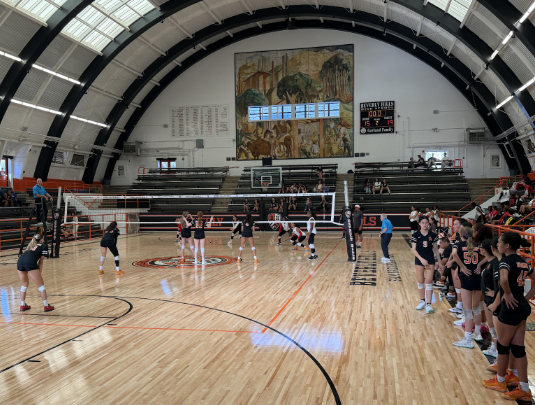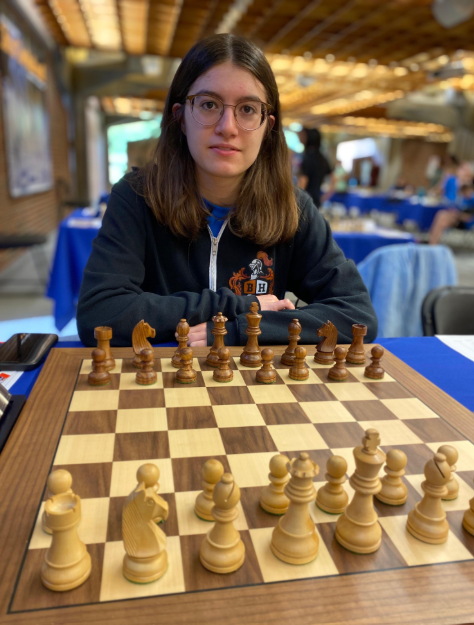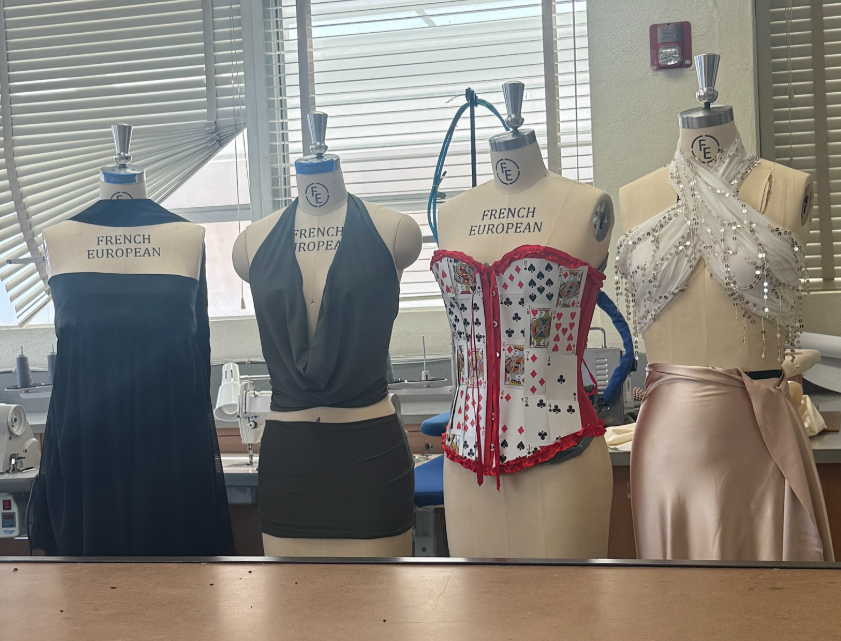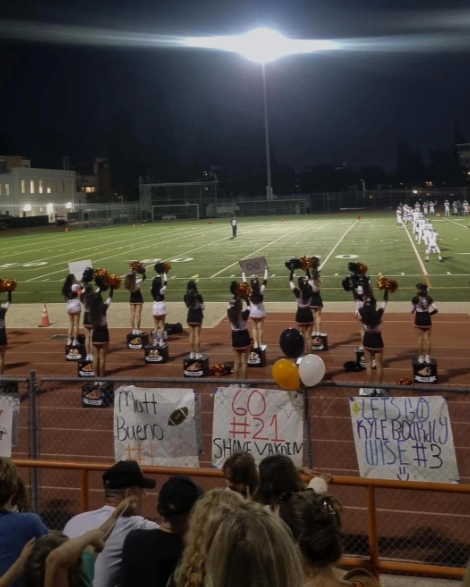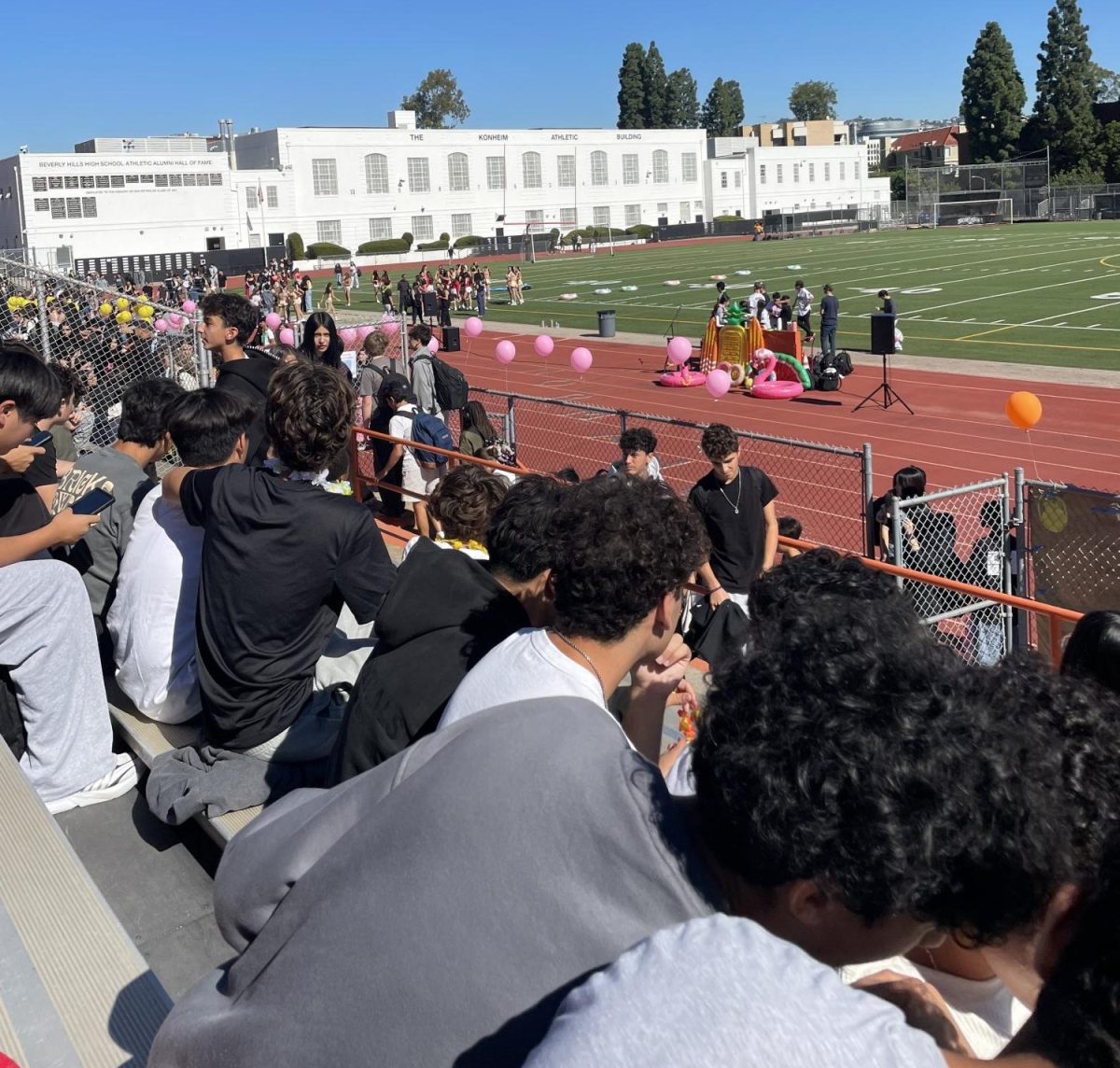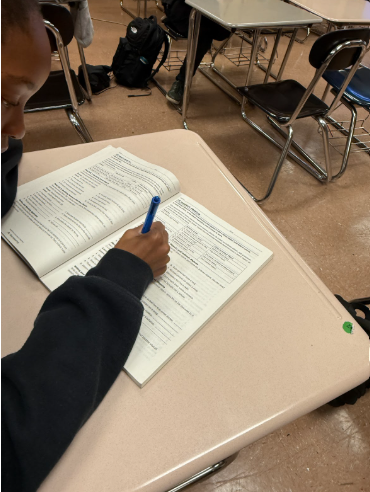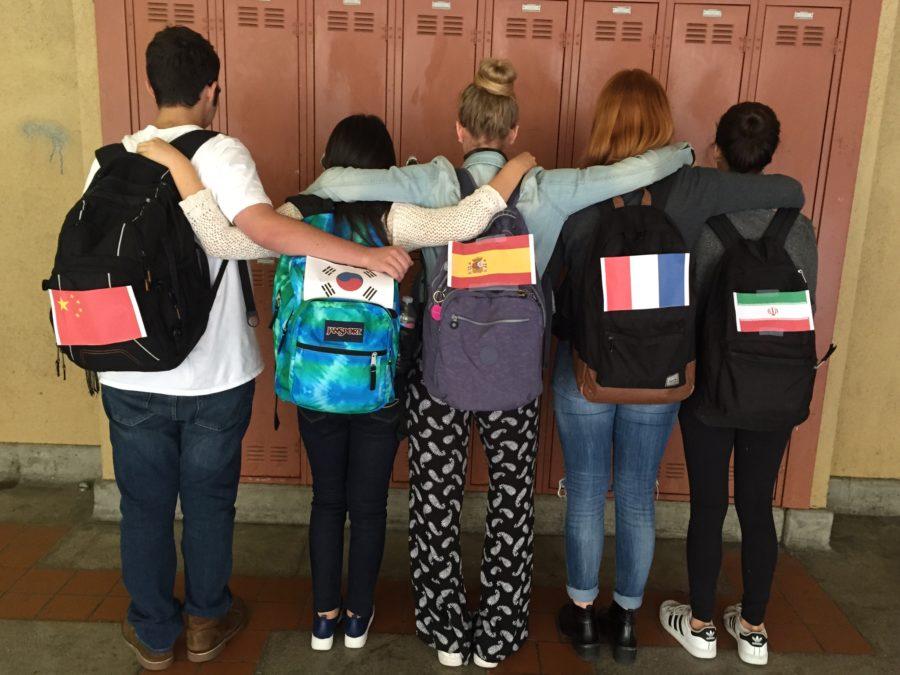Cathy Lee, cub writer
with reporting from Isabella Cortes and Olivia Gonzalez-Britt
Flying thousands of miles to arrive in the 5.71 square miles of Beverly Hills, Normans from foreign countries face language, curriculum and cultural differences.
For junior Sayeh Rahbari, who attended school in Iran, the first challenge was learning how to communicate in English.
“Everyone talked so fast and they would come up and introduce themselves in English and I would just stand there hoping I’m nodding at the right questions,” Rahbari said.
Even those who spoke fluent English before coming to the United States encountered difficulties.
“Although I can perfectly speak English, I somehow find it harder, because I’m in an English speaking country,” junior Rebecca Ares, who went to school in Spain, said.
Besides a change in language, students from foreign countries also experienced a change in curriculum.
“The geometry and algebra that I learned here I’ve already have learned during 6th grade in Iran. Same with biology and chemistry and physics,” Rahbari said.
Senior Mary Yoo expressed that school in South Korea has harder testing.
“I only attended elementary school and Korea had more frequent tests and quizzes in comparison.”
Junior Daniel Im offered a similar perspective, stating that education in Korea requires more memorization.
“The education style of BHHS is a bit less memorization orientated than that of the school I attended in Korea, and I had a lot more group projects in BHHS.”
Rahbari stated that exams are more rigorous in Iran than in the U.S.
“From 1st grade, the grades you get matter in Iran, but here no one really cares about the grades and they have a lot fun.”
In addition, schools outside of the U.S., such as those in China, have different school hours.
“In China students take classes from 7:30 a.m. to 10 p.m. except time for lunch and dinner,” senior Patrick Li said.
Additionally, senior Lilou Royaer, from France, noticed differences in the overall student population.
“My old school used to be a private Catholic school and here most of the people are Jewish so I would say that makes it the main difference,” Royaer said.
Im found Beverly students to be more friendly and welcoming than students in South Korea.
“Overall there is more student interaction in BHHS. I have more friends in BHHS than I did in Korea, so I feel more comfortable and welcomed in the school. I observed that people at BHHS are much more amiable.”
On the other hand, Ares felt that it was difficult to find friends at Beverly.
“I find it that here in the states there’s a lot of diversity and that its hard to find the right people to be around with and tell which ones are the most like you.”
Furthermore, senior Ninan Pollack, from Hong Kong, commented on the lack of school spirit at Beverly.
“There was a lot more school spirit [in Hong Kong] and students were also extremely welcoming,” she said.
Rahbari noticed differences in student interactions as well.
“In Iran, the schools are separated based on gender. And a girl can’t really hang out with a boy that is not a close family member. It was a little weird for me to get used to that.”
Also, dissimilarities are present in the dress code, especially between that of the U.S. and Iran.
“We [girls] have to wear scarves in Iran,” junior Roxana Nowbari said.
Furthermore, Pollack noticed a contrast in the amount of respect teachers receive in Hong Kong than in the U.S.
“I was most shocked by the lack of respect students have for their teachers here in the US. Back in Hong Kong, teachers were looked at as the final authority and no student would ever argue or talk back to the teacher during class.”
Osbourne noted that students in France receive more support from teachers.
“Teaching is a bit different here because teachers in France care more about their students and pay closer attention to them where as here they don’t really.”
Additionally, students discussed the challenges of going to Beverly.
“My biggest challenge was the cultural difference. It took me a long time to understand how teenagers and adults in the United States act and think,” Im said.
Ares also experienced difficulty adapting to a new population of diverse students.
“I’ve had to meet a lot of unfriendly and rude people which hasn’t been very enjoyable but I am happy I have some good friends.”
Despite the challenges, Osbourne felt that changing schools had a positive impact on him as a person.
“When I got here I was really shy and over a few weeks I started becoming less and less shy and I am grateful that I’ve been able to overcome it because it’s way easier now to talk to people.”
Nowbari expressed her gratitude toward those who have helped her adapt to the change.
“I am very thankful to have had so many amazing teachers and friends to help me get through this tough stage in my life. I couldn’t have survived without them.”
Categories:
Immigrants reflect on education across oceans
December 14, 2015
0
Donate to Highlights
$125
$1000
Contributed
Our Goal
Your donation will support the student journalists of Beverly Hills High School. Your contribution will allow us to purchase equipment and cover our annual website hosting costs.
More to Discover







